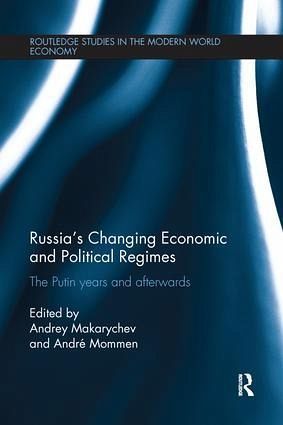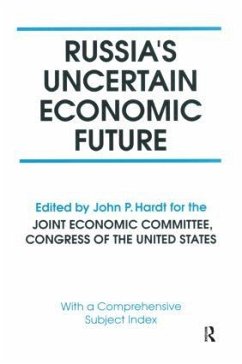
Russia's Changing Economic and Political Regimes
The Putin Years and Afterwards
Herausgeber: Makarychev, Andrey; Mommen, Andre
Versandkostenfrei!
Versandfertig in 1-2 Wochen
71,99 €
inkl. MwSt.

PAYBACK Punkte
36 °P sammeln!
The book reveals the interconnection between social, cultural and political protest movements and social and economic changes in a post-communist country like Russia still dominated by bureaucratic rulers and "oligarchs" controlling all basic industries and mining activities. Those interests are also dominating Russia's foreign policy and explain why Russia did not succeed in becoming an integral part of Europe. The latter is, at least, wished by many Russian citizens.














